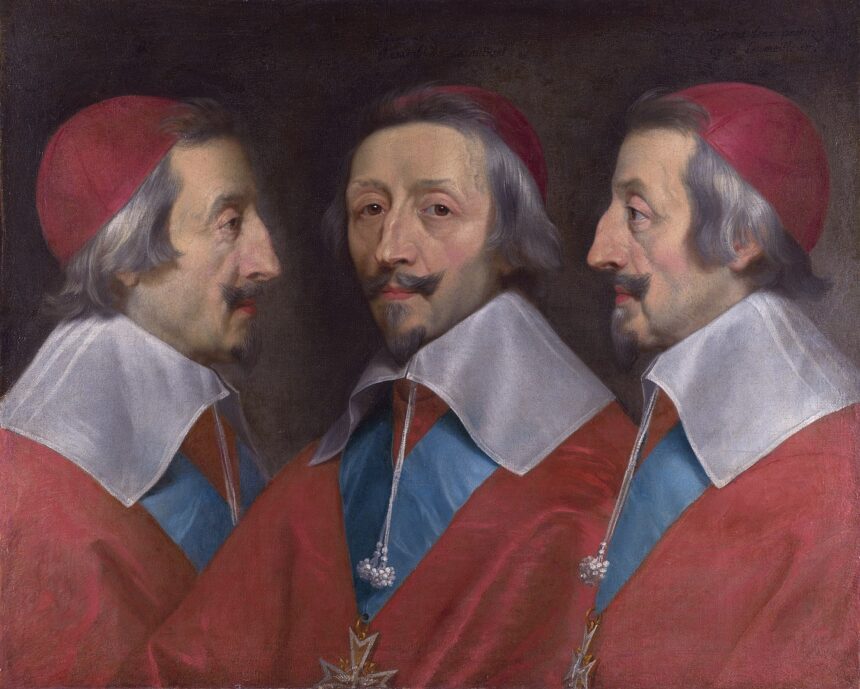11 Most Popular Legends of Cardinal Richelieu
What was the Cardinal's real name: Richelieu or Richelje? Did he really wear only red? Was he a villain? Did he love Anne of Austria? Despite his rank, did he command troops?

What was the Cardinal's real name: Richelieu or Richelje? Did he really wear only red? Was he a villain? Did he love Anne of Austria? Despite his rank, did he command troops?



